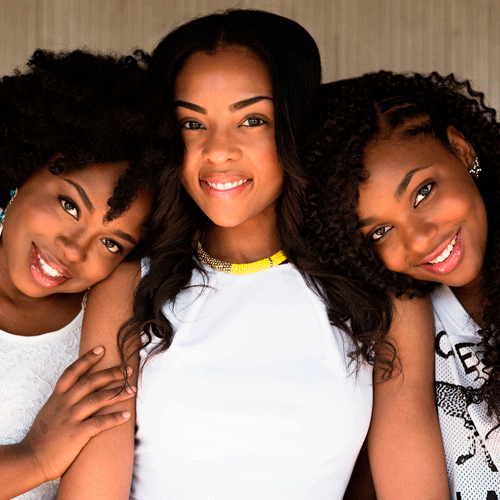
by Rose Laoutaris
A few months ago, a singer, Halsey, tweeted her frustration with hotel shampoo and how it was racist since it, according to her, only works for white people. Her now deleted tweet read, “I’ve been traveling for years now and it’s been so frustrating that the hotel toiletry industry entirely alienates people of color. I can’t use this perfumed watered down white people shampoo. Neither can 50% of your customers. Annoying.”
This was at one point a trending moment on Twitter featuring tweets that agreed and disagreed with her. Many people believed it was ridiculous that shampoo and hair was the next big race issue being discussed on Twitter, but now, University of Florida actually offers a course titled “Black Hair Politics” in their African-American studies program. According to the course description, this course
[p]rovides a comprehensive interdisciplinary examination of the history, sociology, psychology and economics of Black hair. Students will explore textures, styles and meanings of Black hair as they relate to identity and power in society.
The first problem with this course is that it does not seem very useful to prepare for a future career. If student was studying cosmetology, and this course taught about the differences between different types of hair and how to properly treat and style it, it would be useful. However, this course just teaches the politics of hair which is completely useless, especially since the issue is highly exaggerated. Decades ago, racism was a huge issue in the United States, and African-Americans were treated terribly; however, times have changed and not only is everyone now equal under the law, but most Americans are no longer racist. Exaggerating an issue, such as societal views towards Black hair, is insulting to people who have had to deal with real racism, and it diminishes the meaning of the word.
In the shampoo scenario from Halsey’s tweet, she says that people of color are disadvantaged because they cannot use hotel shampoo and that white people are privileged because they do not have to bring their own shampoo to hotels. Trying to turn a minor inconvenience, such as this one, into a serious race issue that must be addressed through courses, such as University of Florida’s, is unnecessary and a waste of time. “Issues” like hotel shampoo not being suitable for all types of hair is a first-world problem, and it would be a much better use of time to address more serious issues instead. Besides, hotel shampoo is just low-quality in general and does not work for most people, regardless of their race. If people can afford to stay at a hotel, they can afford to buy shampoo that is suitable for their hair or just bring their own from home.
The idea that African-Americans are oppressed today because of their hair is ridiculous, whether it is expressed on Twitter or in the classroom, and the fact that students in the United States’ consider hair an issue shows how privileged they are. Everyone has different hair types, and people of all races have their own hair troubles. While African-Americans may have more trouble than some white people when using hotel shampoo or finding hair products that work well for them, this really is not an issue in the grand scheme of things, and it does not require a course dedicated to it. It would be much more productive for them to either study instances of actual oppression in other parts of the world or take other courses that would actually prepare them for a career.
Rose Laoutaris is a 2018 Fall intern.

